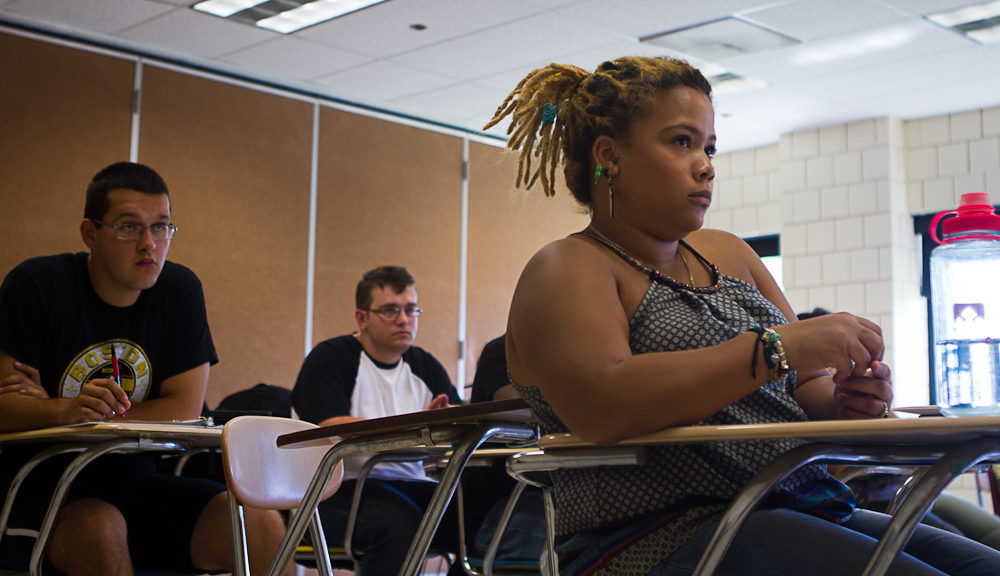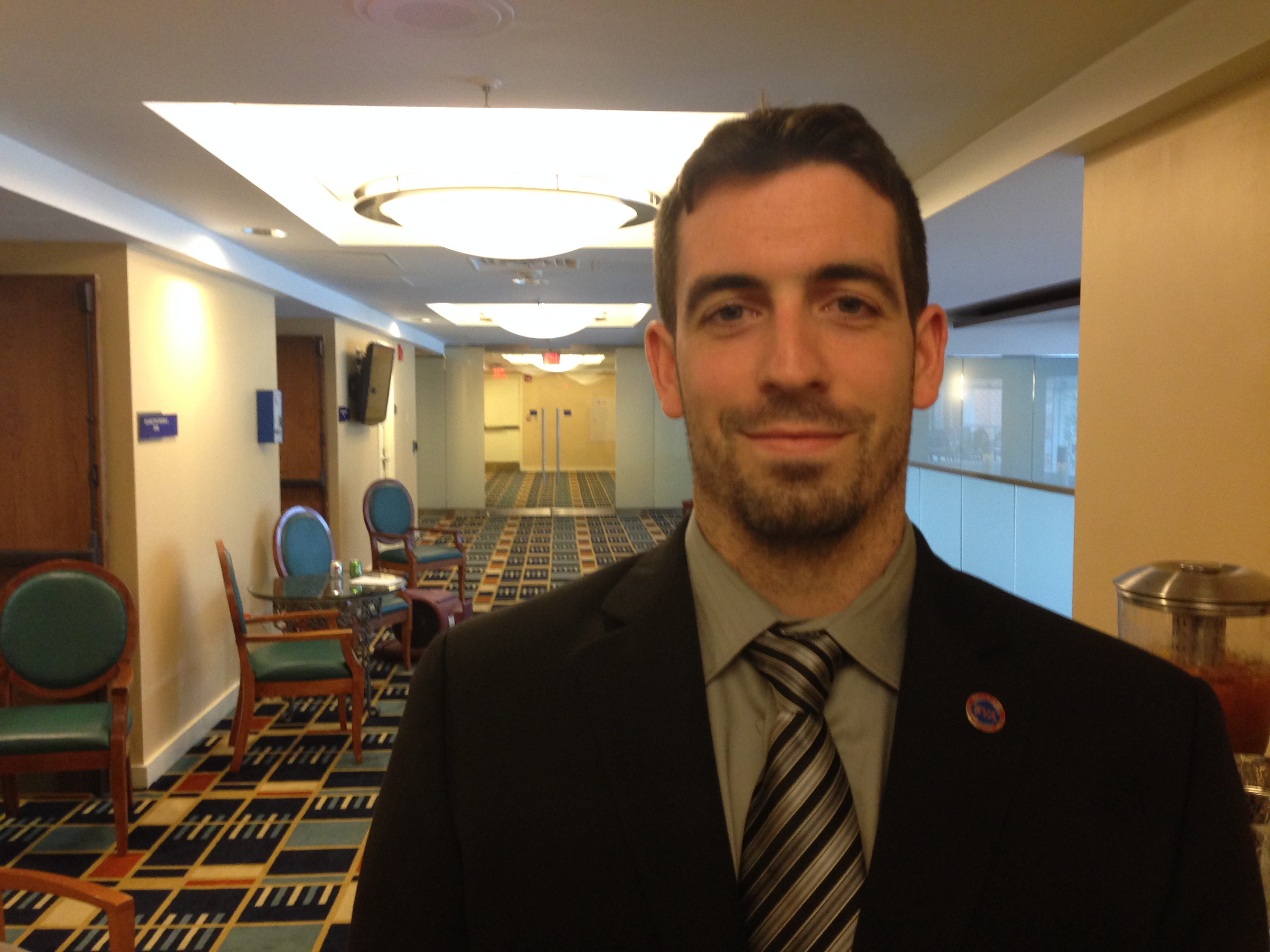increasing access and success

Schools give two types of scholarships: need-based scholarships that go to the lowest-income students, and merit scholarships that go to the smartest students. A report from the New America Foundation finds schools are increasingly using their money on merit scholarships. Steven Burd authored the report, and he says this trend means more money is going to those who need it the least.

In what it calls “an elaborate shell game,” universities and colleges are shifting their financial aid from low-income students to high-income ones to bolster their prestige and raise them up the rankings, a new report says.
Meanwhile, according to the report by the nonprofit, nonpartisan New America Foundation, universities are leaving their poorest families to vie for a piece of billions of dollars in taxpayer-funded Pell Grants.

____________________________________________________
As community colleges assume a more central role in the nation's higher education landscape, the question of how prepared graduating high school students are is increasingly important. Some states are trying to improve the quality of, and change the way students think about, remedial education.

On Emerson College's first day of classes, the corner of Boylston and Tremont streets swarm with students; students drinking coffee, students smoking cigarettes, students wearing skinny jeans and plaid. In short, a small corner of Boston chock-full of hipsters.
And while "hipster" may not seem like an apt description of Boston's population as a whole, it does describe the students at Emerson College, at least according to College Magazine, an online and in-print publication written by college students.

Boston is bracing for the annual influx of college students returning for the fall semester. But when the moving vans roll into town, many of them will pull up outside apartment buildings rather than dorms. Mayor Marty Walsh says he'd like to see Boston’s entire student population living on-campus, and while that could be a reality for one area college, others have a long way to go.

Call it a sign of the times that right along with required writing core courses, incoming freshmen at most schools this fall will also face a mandatory crash course on the subject of sexual assault.
At a Rutgers University orientation, for example, every freshman sits through a dramatization of the campus party scene that is as real as it is raw. In the performance, a character, Jess, winds up in fellow student Ryan's room, resisting his advances. Ryan persists and gets increasingly angry and aggressive. The scene ends with the Jess character wailing, and with students in the audience wide-eyed and stunned.














